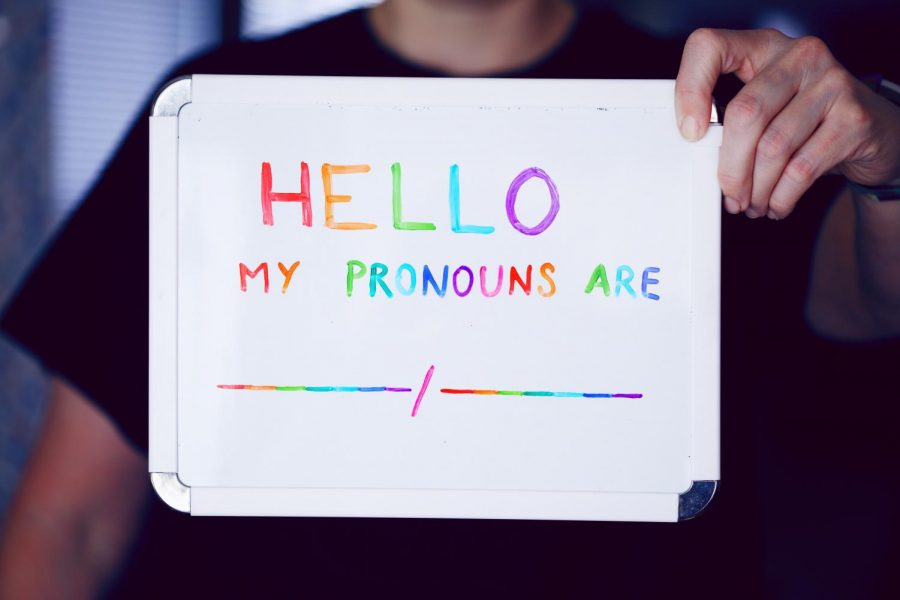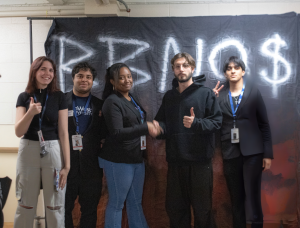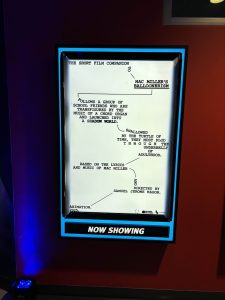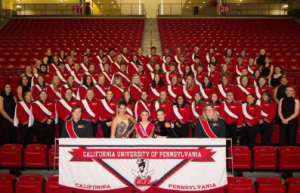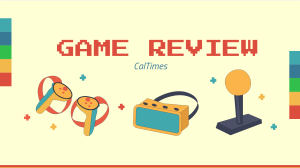Panel discussion: “Learning from Transgender History: Will We Continue Repeating the Past?”
November 4, 2021
Professor Codie Stone held a panel on transgender issues over Zoom for California University of Pennsylvania students on Oct.27.
The panel, titled “Learning from Transgender History: Will We Continue Repeating the Past?” was put on by the Office of Diversity, Equity, and Inclusion. It was advertised as a “facilitated discussion about gender diversity and social control.”
Stone is an assistant professor of sociology at California University of Pennsylvania and formerly worked as the office manager for the Office of LGBT Student Services at Western Michigan University. His presentation had a turn out of 25 attendees, which he said was more than he had anticipated.
“Who tells your story is really important,” said Stone. “Living in a society you know doesn’t want you here and having your existence constantly debated is a little stressful.” Part of the presentation focused on representation and the effects it has on transgender students.
Stone started the panel by asking attendees to think of examples of representation in media and society of different genders and intersex individuals. Several students who did not wish to be named in this article mentioned that they were not entirely familiar with different identities until they were in high school or college, for some. “I never really thought about it until it was about my brother,” said one student attendee.
“To evidently become better people. This world is full of so much hate, we don’t need any unnecessary hate to add to it. Let others exist in peace,” said senior Mackenzie Darst in regard to why it is important to learn about LGBTQ topics.
Stone shared a “groundbreaking” survey conducted in 2015 called the U.S Transgender Survey. “It matters when schools are not accepting of LGBT folk,” he said. The survey details the experiences of transgender youth in the country.
According to the survey’s website of the same name, “With almost 28,000 respondents, the U.S. Transgender Survey (USTS) is the largest survey ever devoted to the lives and experiences of trans people.”
Stone shared some of the statistics he found most important. Out of K-12 students out as transgender, 54 percent experienced verbal harassment, 24 percent experienced physical attacks, and 13 percent experienced sexual assault. Out of these students, 17 percent left school as a result.
“I am grateful [Cal U] advocates for the LGBTQ+ community by posting about special days and allowing the Rainbow Alliance club to do so much,” said Darst. Rainbow Alliance is a Cal U club that has become increasingly active this semester and aims to support and advocate for LGBTQ youth.
The presentation was well received by the student attendees. “It was a fantastic presentation and I think he did a great job at expanding my knowledge,” said Darst. Many students told Stone that they would attend similar zoom panels or events in the future on campus.
“You don’t need to feel it or understand it. You can listen to me,” said Stone about listening to transgender voices.

